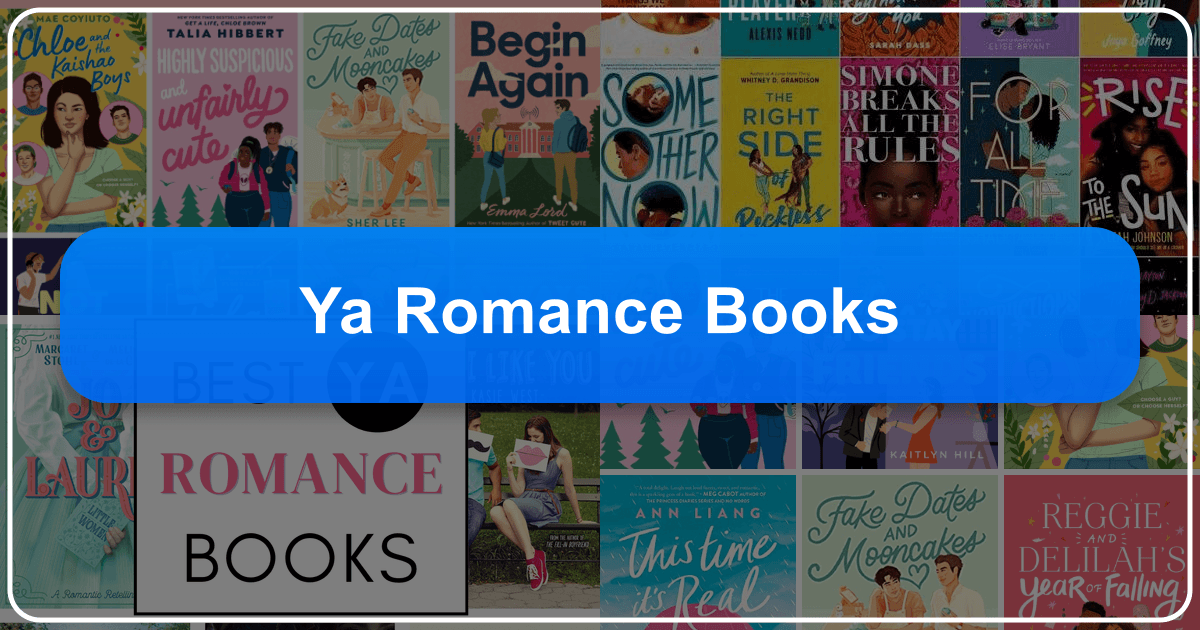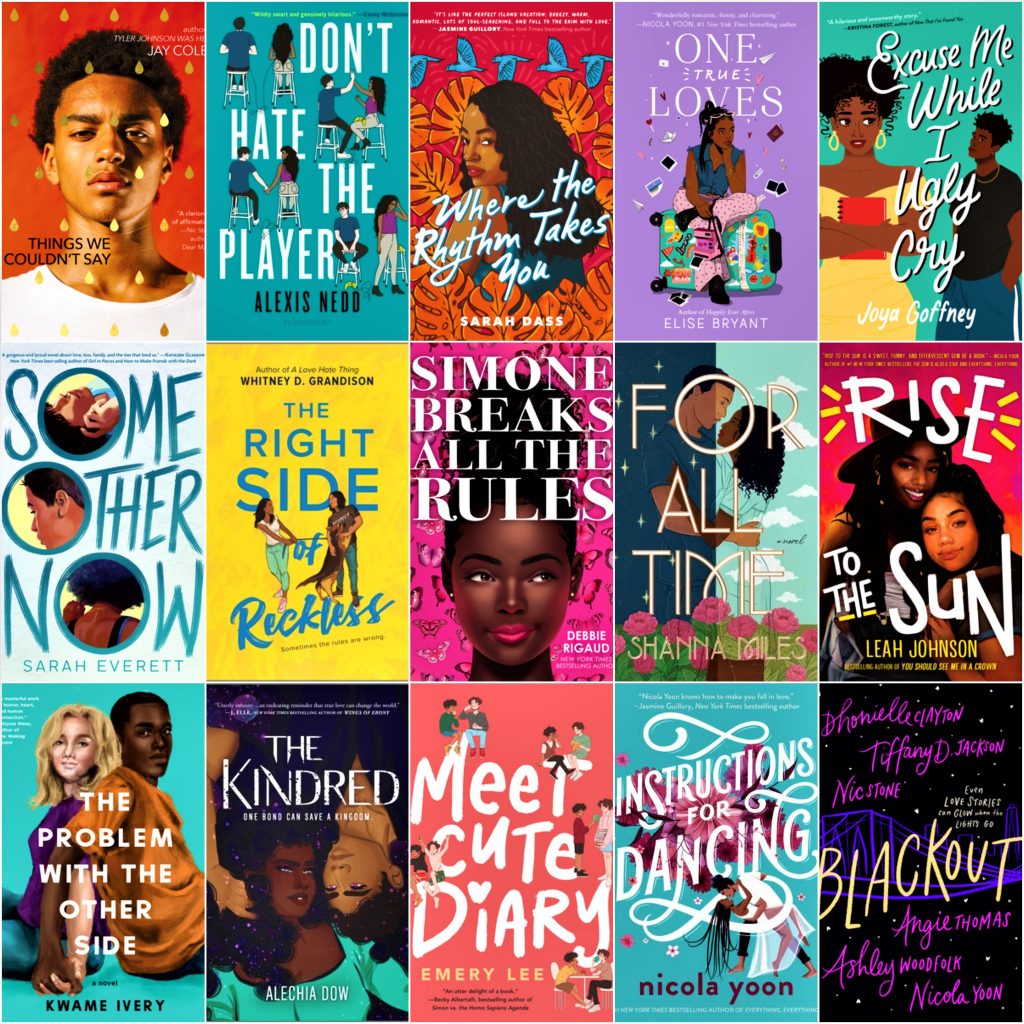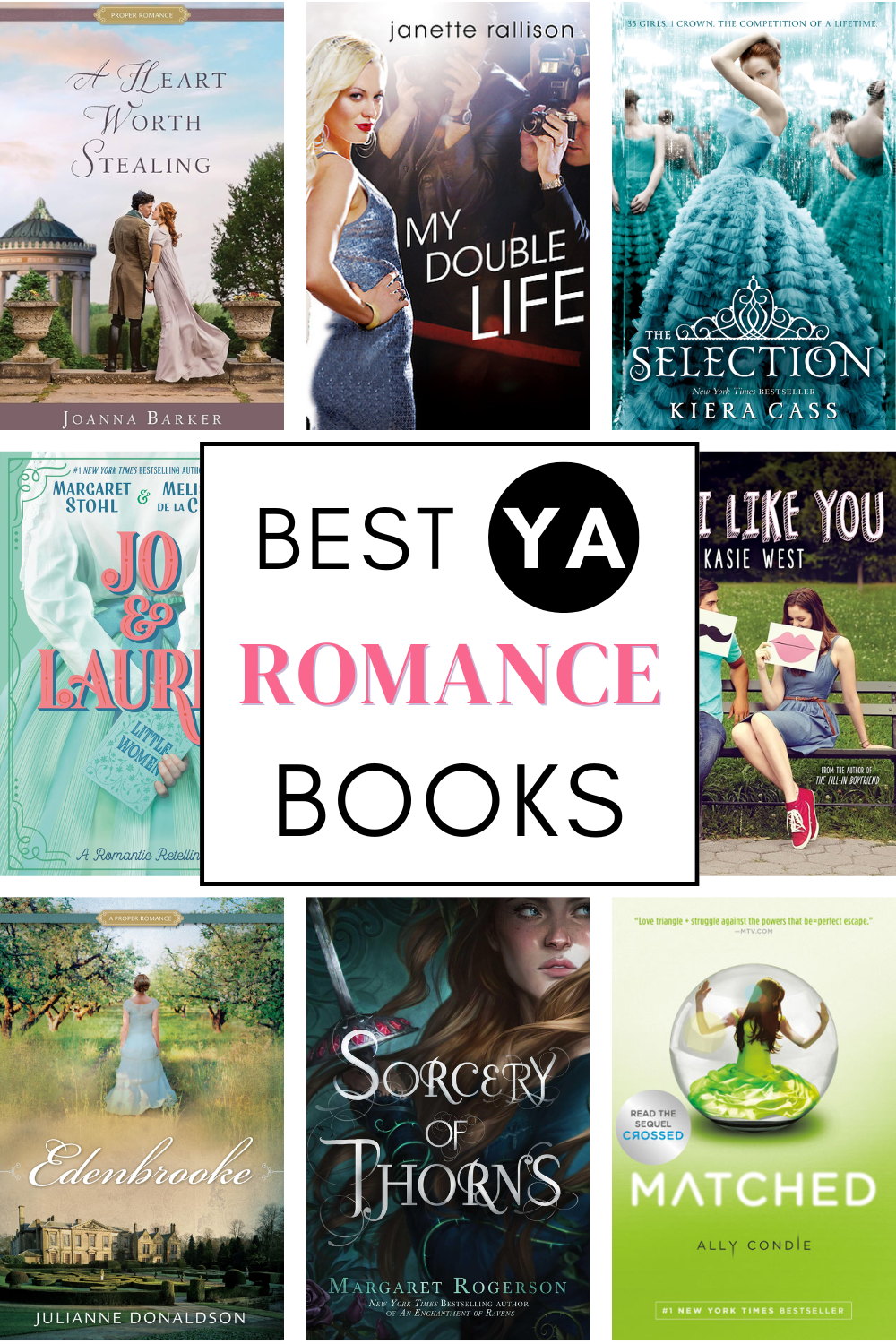YA Romance Books: A Deep Dive into the Genre and its Cultural Impact

Young Adult (YA) romance novels have captivated readers for decades, offering a blend of relatable characters, heartwarming storylines, and explorations of complex emotions. The genre’s popularity continues to surge, with a constant stream of new releases and a dedicated fanbase eagerly anticipating each new title. This exploration delves into the world of YA romance books, examining its various subgenres, influential authors, educational value, its presence in libraries, and its significant cultural impact.

Exploring the Diverse Landscape of YA Romance
The YA romance genre is remarkably diverse, encompassing a wide array of subgenres and themes that cater to a broad spectrum of reader interests. While the core element remains the exploration of romantic relationships, the context and accompanying themes are endlessly varied.
Subgenres and Themes: From Sweet to Spicy

Within the broad umbrella of YA romance, several distinct subgenres thrive:
- Contemporary Romance: This remains the most prevalent subgenre, depicting romantic relationships within the everyday lives of teenagers navigating school, family, friends, and their budding romantic interests. These stories often explore themes of self-discovery, identity, and the challenges of navigating the complexities of first love.
- Paranormal Romance: Combining romance with supernatural elements, this subgenre often features vampires, werewolves, angels, demons, or other paranormal entities involved in romantic entanglements. These novels frequently explore themes of destiny, forbidden love, and the power of love to overcome seemingly insurmountable obstacles.
- Fantasy Romance: Similar to paranormal romance, fantasy romance blends romance with elements of high fantasy, including magic, mythical creatures, and intricate world-building. This subgenre often involves epic quests, battles against evil forces, and romantic relationships that transcend the boundaries of reality.
- Historical Romance: Set in different historical periods, these novels explore romantic relationships against the backdrop of specific historical events or social contexts. These narratives often provide a glimpse into past eras while offering a fresh perspective on timeless themes of love, loss, and societal expectations.
- Science Fiction Romance: Blending romance with scientific concepts, this subgenre often features futuristic settings, technological advancements, and romantic relationships formed in unique and challenging environments. Themes of exploration, innovation, and the human condition are frequently explored.
Classics, Bestsellers, and New Releases: A Constant Evolution
The YA romance genre boasts a rich history of beloved classics that have stood the test of time, as well as contemporary bestsellers that dominate bestseller lists. Furthermore, a steady stream of new releases keeps the genre vibrant and ever-evolving. This continuous influx of new material introduces fresh perspectives, diverse characters, and innovative storylines that expand the genre’s reach and appeal. The constant emergence of new authors and voices is particularly significant, ensuring the genre remains relevant and representative of the diverse experiences of young adults.
Book Reviews: A Reader’s Guide
Critical reviews play a vital role in guiding readers towards books that align with their preferences and expectations. Professional and reader reviews offer diverse perspectives on plot, characters, writing style, and overall impact. These reviews can be a valuable resource for readers seeking recommendations or exploring new authors and subgenres. Online platforms and literary magazines provide a wealth of reviews, allowing readers to form informed opinions before committing to a purchase or a read.
The Authors Who Shape the Genre

The success of YA romance novels is intrinsically linked to the talent and creativity of its authors. Many authors have established themselves as leading figures in the genre, influencing its development and shaping the experiences of countless readers.
Biographies and Writing Styles: A Look into the Creative Process
Understanding the backgrounds and artistic processes of YA romance authors offers invaluable insights into their work. Biographies provide context to their writing, illuminating the personal experiences and inspirations that fuel their storytelling. Analyzing their writing styles reveals their unique approaches to narrative, character development, and thematic exploration. Understanding these elements can deepen a reader’s appreciation for the craft and enhance their engagement with the stories themselves.
Inspirations and Famous Works: The Seeds of Great Stories
Authors often draw inspiration from various sources, including personal experiences, historical events, mythology, and other literary works. Exploring these inspirations unveils the creative process and enriches the reader’s understanding of the text’s depth and meaning. By examining the sources of inspiration, readers can gain a deeper appreciation for the intricate layers and complexities woven into the narratives.
Reading, Learning, and the Power of YA Romance
Beyond entertainment, YA romance novels can offer valuable educational and personal growth opportunities for young readers.
Summaries and Educational Value: More Than Just a Love Story
YA romance books often offer concise summaries that effectively encapsulate the core plot and central themes. Beyond entertainment, these novels can provide valuable educational insights into various aspects of human relationships, social dynamics, and personal growth. They can subtly introduce readers to different cultural perspectives, historical contexts, and societal issues. Moreover, these books often engage with complex ethical dilemmas and challenging life circumstances.
Life Lessons and Reading Habits: Cultivating Empathy and Understanding
YA romance novels can impart important life lessons about communication, conflict resolution, empathy, and the importance of healthy relationships. The narratives often explore the emotional complexities of adolescence, helping young readers to understand and process their own feelings and experiences. The engagement with these stories fosters crucial emotional intelligence and the ability to navigate interpersonal dynamics with greater nuance and understanding. Moreover, reading itself cultivates valuable habits, including focus, concentration, critical thinking, and an appreciation for language and storytelling.
Libraries: The Heart of Literary Access
Libraries serve as crucial access points to YA romance novels, providing both physical and digital resources to readers of all ages and backgrounds.
Public, Digital, and Rare Collections: Accessibility and Preservation
Public libraries play a vital role in promoting literacy and providing access to a wide variety of books, including YA romance novels. Digital libraries offer convenient online access to e-books and audiobooks, expanding the reach of these stories to readers who may not have easy access to physical libraries. Rare collections and archives preserve literary heritage and provide valuable resources for researchers and scholars interested in the history and development of YA romance. These diverse resources ensure accessibility and promote the ongoing engagement with these stories.
The Cultural Impact of YA Romance
YA romance has a far-reaching cultural influence, permeating various aspects of society and influencing popular culture.
Literary Influence: A Reflection of Society
YA romance novels often reflect societal trends and values, addressing contemporary issues and cultural shifts in their narratives. The genre’s popularity speaks volumes about its ability to resonate with contemporary audiences and capture the zeitgeist of a generation. The exploration of diverse characters and themes has been instrumental in promoting inclusivity and broadening the appeal of these stories.
Adaptations: From Page to Screen
Many successful YA romance novels have been adapted into films and television series, further solidifying their cultural significance. These adaptations introduce the stories to even wider audiences, exposing them to new generations of readers and viewers alike. This transition across media formats demonstrates the broad appeal and enduring power of these narratives.
Awards and Communities: Celebrating Excellence and Shared Passion
Awards specifically recognizing excellence in YA romance literature are testament to the genre’s growing recognition and influence. Moreover, the strong online and offline communities surrounding YA romance books create spaces for readers to connect, share their experiences, and celebrate their shared passion for these stories. These communities often foster meaningful discussions about the literary merit of these works, their cultural impact, and their significance to the lives of young readers. The shared experiences, discussions, and sense of community built around YA romance books significantly contribute to their enduring popularity.